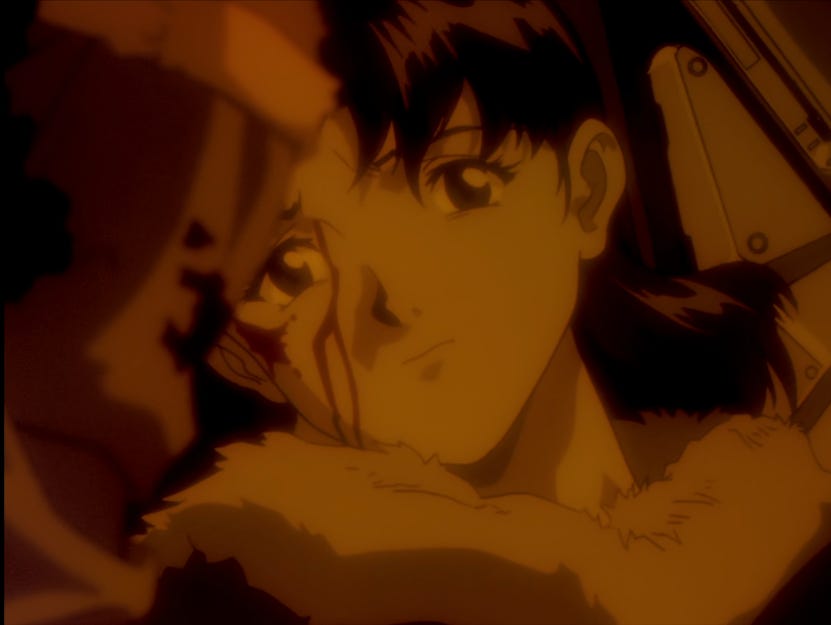she said, "don't make others suffer for your personal hatred"
neon genesis evangelion (episode twelve, "a miracle's worth")
One problem with #basementlife, aside from the part where you live in a basement,1 is that I frequently forget what day of the week it is. In the basement, every day is Tuesday. I can’t explain this but it’s true. Yet outside the basement, only one day a week is Tuesday. All this is to say, I forgot the day last week with that week’s Evangelion post… twice! I did it twice! This is very annoying, to me and to you, and it can’t keep happening so I have instituted what I believe to be… a solution.
Keep reading with a 7-day free trial
Subscribe to Notebook to keep reading this post and get 7 days of free access to the full post archives.



